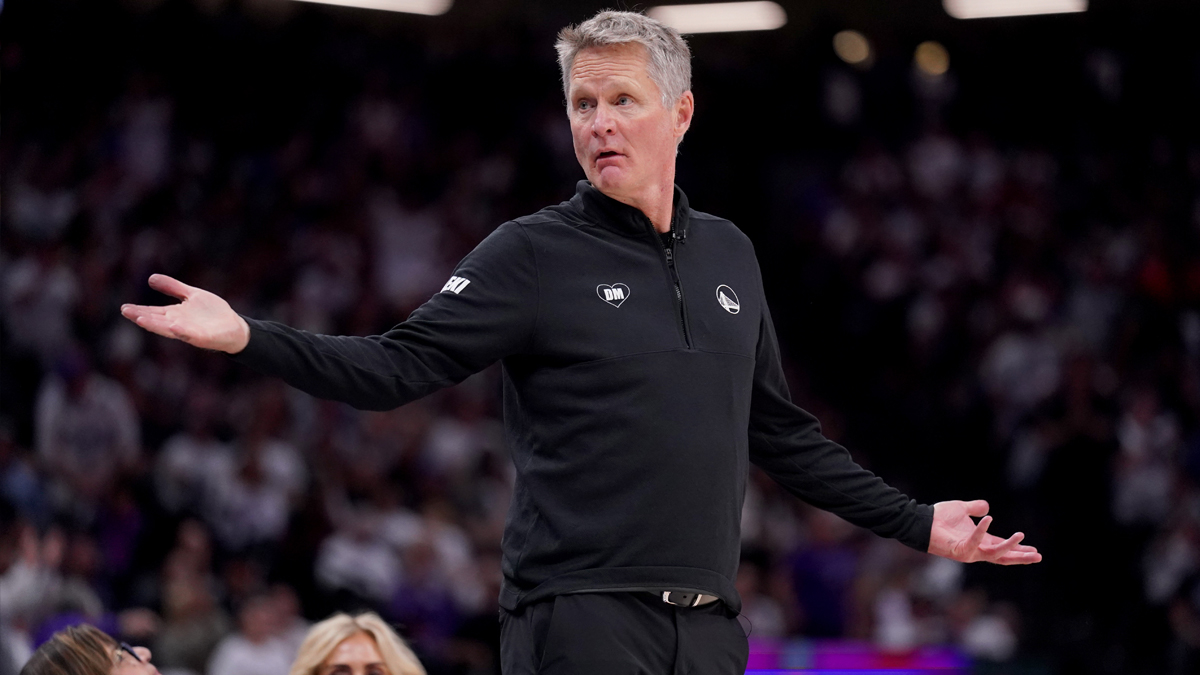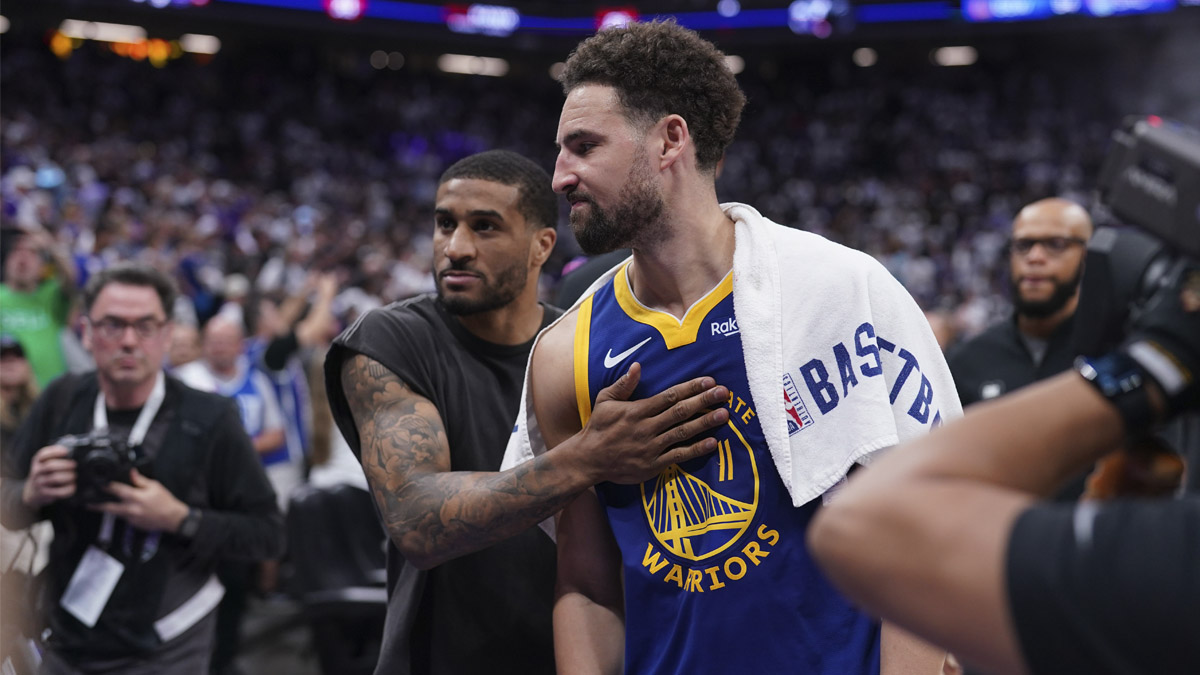Usain Bolt dropped to his hands and knees and kissed the wet track at the end of his victory lap Thursday night.
He chose a specific spot – the finish line, of course – the place where he has stopped time and awe struck so many the last nine years.
It took Bolt longer than usual to get there in the Olympic 200m final – 19.78 seconds – in his last individual Olympic race. The rest of the field was slower, too.
When Bolt won by a comfy .24, the world’s initial reaction was that of the usual wonder. Bolt’s was not.
“I wanted to run fast,” he lamented. “My body wouldn’t respond to me, so I guess it’s just age and all around taking a toll.”
Bolt added to his legend, his immortality, whatever the hyperbole of the day is by winning his eighth Olympic gold medal.
The kiss was one of goodbye to his individual Olympic racing career. He will end his Olympic story for good in the 4x100m relay Friday.
Sports
Bolt always speaks of wanting to leave a legacy, as pristine as possible.
That in mind, this 200m reinforced that the 2020 Tokyo Olympics, which Bolt has sworn off despite repeated inquiries, would be one too many.
Bolt is right to plan to retire after the 2017 World Championships in London, his second home. He is right to say he plans to race the 100m but not the 200m next year.
For as exciting as Bolt’s last individual Olympic race was, it came against his weakest 200m final field (by time) of his Olympic and world championships career.
Nobody else broke 20 seconds.
“I thought I was definitely going to have run sub-20, run a personal best to contend,” said Canadian Andre De Grasse, who took silver in 20.02 seconds into a .5 meter/second headwind, after running 19.80 in the semifinals Wednesday. “Maybe it was because of the rain a little bit, a little bit cold weather.”
Maybe it was because of the pressure of facing Bolt.
Whatever the case, Bolt’s 19.78 would not have won the 2012 Olympics or 2015 World Championships. This was Bolt’s slowest global championship 200m final since 2007, and .12 of a second slower than the next slowest in that span. (Likewise, Bolt’s 100m win Sunday was the slowest of his global meet career)
American LaShawn Merritt and Justin Gatlin have run faster than 19.78 this year, albeit just barely (19.74, 19.75) and with significant tailwinds. Merritt finished sixth in 20.19 seconds Thursday.
“I got out horribly,” said Merritt, the only American in the 200m final (Gatlin was ninth in the semis and said he had an ankle injury). “I didn’t have as much pop in my legs as I thought I did.”
Bolt got out well, making up the stagger on Frenchman Christophe Lemaitre to his outside in about six seconds.
Arms pumping, hands clenching, face tightening, Bolt looked like the determined man who has said for years that the last time goal of his career is to re-break his 200m world record of 19.19 seconds and threaten the sub-19 barrier.
But neither Bolt nor the field had another gear coming off the curve.
The frustration Bolt must have felt in the final half of the race was not as evident to onlookers because nobody else in the race was close to him, or even really closing in on him.
Bolt’s victories are measured first by the space he puts between himself and the field, and then by the time that registers on the infield clock.
After Bolt crossed the finish, he made a motion as if he was throwing away a crumpled-up paper. Twice.
A few seconds later, he flipped the Bolt switch, mimicked LeBron James’ silencer celebration and yelled “No. 1” into an on-track camera.
Bolt was later asked if he would have thought before the race that 19.78 would have been enough for gold.
Bolt leaned his head back, gritted his teeth and offered this response:
“I thought I would have run faster, but I came around the corner and my legs would not respond as I wanted them to,” he said. “I’m getting older. I had to run hard yesterday.”
How Bolt looked in his last individual Olympic race was less reminiscent of previous Olympics than it was of his most vulnerable race of this Olympic cycle.
In June 2015, Bolt ran a sluggish 200m at a meet in New York, site of his first world record in 2008. He won that race last year, but in 20.29 seconds, his slowest 200m final time since 2006 and said, “at this pace, my legacy is going to be in trouble.”
Bolt said he later found he had a leg injury, pulled out of two meets, returned a month later with more Bolt-like 100m times and went on to conquer Gatlin at the 2015 World Championships.
Gatlin, who at 34 more than four years older than Bolt, has dropped off. Bolt is also slower this year than last, but amazingly he is even more peerless as nobody has replaced Gatlin as a rival.
This gap will close. The question is if one year will be enough time for somebody to catch him before he retires.
De Grasse, at 21 years old, looks like the top challenger for 2017.
And what might have been if South Africa Wayde van Niekerk, who broke the 400m world record Sunday, had entered the 200m at the Olympics, too. Van Niekerk is 24.
In 2015, I asked Bolt what he would do if he ended up being defeated in the last race of his career at the 2017 World Championships. Could he retire on a losing note?
“I don’t think I could,” Bolt said then. “On my last race, my last championship, I don’t think I could.”
I asked him again Thursday night.
“That’s a good question,” Bolt said. “I never come to a championship unless I know I’m prepared. So I doubt I will come here if I know I’m going to lose.”



